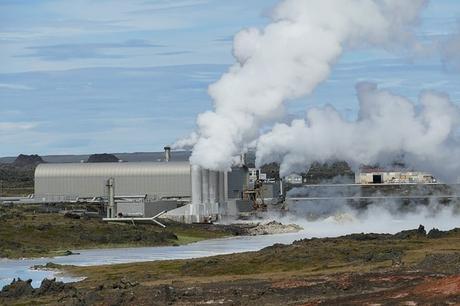It was a landmark moment in which Britain created history with its first attempt ever since Queen Victoria was on the throne, generating electricity without using coal over a week. Britain finally set out to follow the government pledge to transition away from heavily polluting fuel like coal and phase out coal-fired electricity by 2025.
It was May 1, 1.24pm; the last coal generator came off the system. According to the National Grid Electricity System Operator running network in England, Scotland, and Wales, the UK successfully completed a week without coal on Wednesday 1.24pm.

During high demand of electricity coal-fired power stations are still major backup in the UK’s energy system, but the requirement will be comparatively less due to the increasing use of renewable energy sources such as wind power. Coal has also become a less attractive source of energy because of its high international price.
The first coal-free week since 1882, this achievement became possible after a plant opened at Holborn in London two years after the first coal-free day since the Industrial Revolution in Britain.
The year 2017, April 21 was Britain’s first ever working day without coal power since the Industrial Revolution as per the National Grid.
To avoid catastrophic climate change, the burning of coal to generate the electricity required to be stopped at the earliest, and the UK government has pledged to phase out coal-fired power by 2025.
If the UK government becomes successful in meeting that target, it will fulfill the pledge made by the UK while signing the Paris Agreement in 2015 to limit the global temperature rise to 1.5C above pre-industrial levels.
The report of the Committee on Climate Change (CCC) last week called for the UK to pursue a target of net-zero carbon emissions by 2050. The emissions from electricity generation reduced to half due to reductions in the use of coal in the UK since 2013 as per the report.
The former environment secretary John Gummer, now Lord Deben, the chair of the CCC, said the zero-emissions target for 2050 must be passed into law immediately. “We [must] do it now. The urgency is not just a matter of a shortness of time, but the quicker you do it, the cheaper it is.”
Referring to the climate protests, he added: “Recent events have shown how strongly people feel.”
Fintan Slye, the director of National Grid ESO, believed that Britain’s electricity system could be run with zero carbon as early as 2025.
He said: “Zero-carbon operation of the electricity system by 2025 means a fundamental change to how our system was designed to operate – integrating newer technologies right across the system – from large-scale offshore wind to domestic-scale solar panels to increased demand-side participation, using new smart digital systems to manage and control the system in real-time.”
Greg Clark, the business secretary, saluted the achievement. He said the UK is “on a path to become the first major economy to legislate for net-zero emissions” in the wake of the report.
However, some of the policies of the government have faced criticism. According to the CCC’s chief executive Chris Stark’s statement on Wednesday, the government failed to give its full support to onshore wind generation and also proposed to impose higher VAT on solar panels which make meeting the target of net-zero emissions more difficult.
“We will need to throw everything at this challenge, including onshore wind and solar,” Stark told MPs on the business committee. “Anything that makes it harder is really not in line with the net-zero challenge overall.”
“I would like to see it happen as soon as possible, preferably before the big UN summit in September,” he added.

